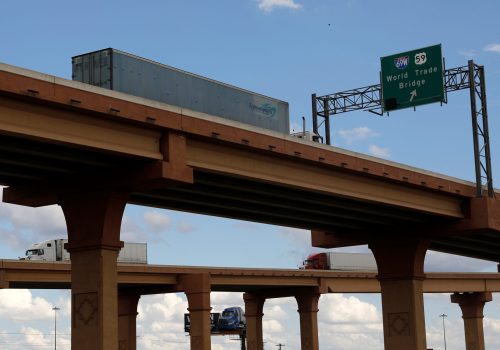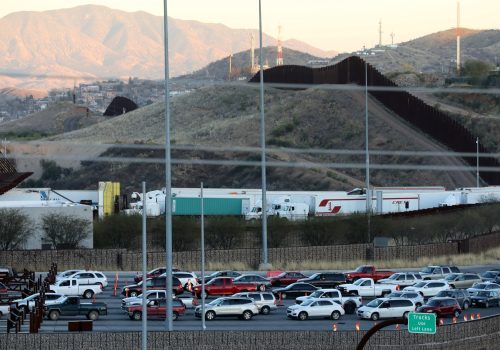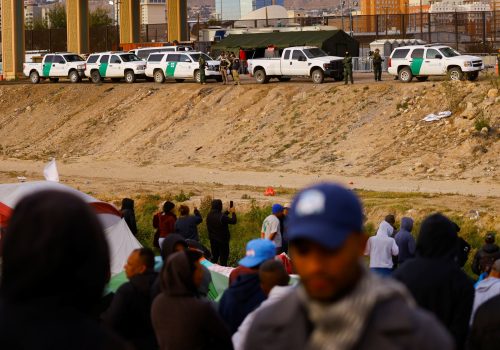
Languages
SpanishAll Content
Ignacia Ulloa Peters was an associate director at the Atlantic Council’s Adrienne Arsht Latin America Center, where she contributed to the center’s Venezuela and Mexico work. During her time at the Atlantic Council, Ulloa Peters has managed the Venezuela Transatlantic Fellowship, a project that seeks to advance transatlantic EU-US nonpartisan engagement on Venezuelan issues while promoting a deeper understanding of the complex crisis. She also co-led a US State Department grant studying the economic impact of implementing enhanced non-invasive screening technology at the US-Mexico border. Prior to her time at the Atlantic Council, Ulloa Peters worked in the Latin America Practice at McLarty Associates, a strategic advisory firm in the field of private-sector diplomacy. Prior to that, she worked as a research analyst at the International Organization for Migration in Costa Rica, and as assistant community participation coordinator at the Catholic Agency for Overseas Development in London. Originally from Chile, Ulloa Peters has lived in the United States, Hong Kong, London, and Panama. She graduated with a bachelor’s degree in economics, sociology, and international development from the University of Notre Dame.


